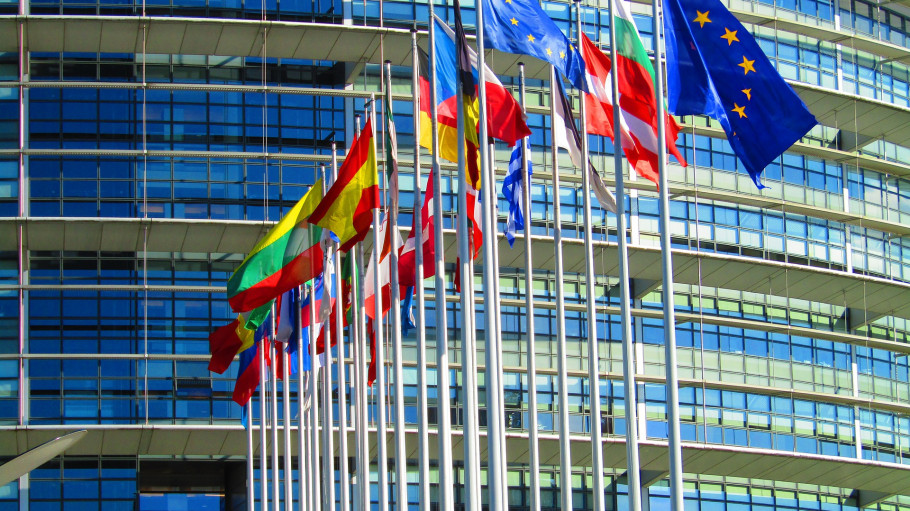
Issues » Trade and external relations » EU trade policy reform
EU trade policy reform
Downloads and links
Recent content

In mid-2020, the European Commission launched a major review of the European Union's trade policy. The objective is to build up a fresh medium-term direction for EU trade policy, responding to a variety of new global challenges.
A strong European Union needs a strong trade and investment policy to support economic recovery, create quality jobs, protect European companies from unfair practices at home and abroad, and ensure coherence with broader priorities in the areas of sustainability, climate change, the digital economy and security.
EUROFER believes that EU trade policy should support Europe's renewed industrial policy. It should do this by pursuing a holistic approach to industrial policy and help achieve its environmental and climate policy goals. Integrated production, manufacturing value chains and technological innovation must remain and further develop within the EU to secure well-paid jobs and a green transition.
The multilateral trade framework should be strengthened to ensure stability, predictability and a rules-based environment for fair and sustainable trade, and trade policy should facilitate the transition to a greener, fairer and more responsible economy at home and abroad. Finally, in addition to existing instruments, the EU should address coercive, distortive and unfair trading practices by third countries with additional instruments.
Brussels, 04 February 2025 – The European Steel Association (EUROFER) supports the demonstration of thousands of industry workers taking place tomorrow, 5 February, in Brussels, organised by industriAll Europe. Steel workers from across the EU will join workers from other manufacturing industries to call on the European Commission to save our industry and preserve employment by investing in good industrial jobs and the transition, while combating global overcapacity and unfair trade.
Brussels, 27 November 2024 – The European steel industry is at a critical juncture, facing irreversible decline unless the EU and Member States take immediate action to secure its future and green transition. Despite repeated warnings from the sector, the EU leadership and governments have yet to implement decisive measures to preserve manufacturing and allow green investments across Europe. Recent massive production cuts and closure announcements by European steelmakers show that time has run out. A robust European Steel Action Plan under an EU Clean Industrial Deal cannot wait or manufacturing value chains across Europe will simply vanish, warns the European Steel Association.
Brussels, 12 November 2024 - Ahead of Commissioner-Designate Séjourné’s hearing in the European Parliament, European steel social partners, supported by cross-party MEPs, jointly call for an EU Steel Action Plan to restore steel’s competitiveness, and save its green transition as well as steelworkers’ jobs across Europe.